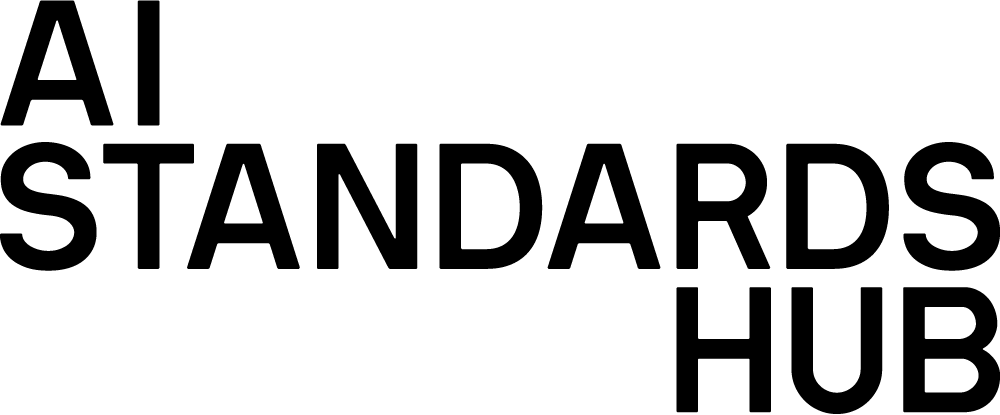Accessibility Statement
Last updated in December 2024
This accessibility statement applies to the AI Standards Hub website.
This website is run by the Public Policy Programme at the Alan Turing Institute. We want as many people as possible to be able to use this website. For example, that means you should be able to:
- zoom in up to 400% without the text spilling off the screen
- navigate most of the website using a keyboard or speech recognition software
AbilityNet has advice on making your device easier to use if you have a disability.
How accessible this website is
We know some parts of this website are not fully accessible due to limitations of the website’s theme:
- Not all links are accessible via a keyboard
- The search functionality is difficult to locate using a screen reader
In addition, there may be some accessibility issues due to editorial error – for example images not having alt text.
Feedback and contact information
If you find any problems not listed on this page, or think we’re not meeting accessibility requirements, please contact us at [email protected]
If you need information on this website in a different format, please contact:
- email: [email protected]
- call: 020 3862 3352
We’ll consider your request and get back to you in 15 working days.
Enforcement procedure
The Equality and Human Rights Commission (EHRC) is responsible for enforcing the Public Sector Bodies (Websites and Mobile Applications) (No. 2) Accessibility Regulations 2018 (the ‘accessibility regulations’). If you’re not happy with how we respond to your complaint, contact the Equality Advisory and Support Service (EASS).
Technical information about this website’s accessibility
The Alan Turing Institute is committed to making its website accessible, in accordance with the Public Sector Bodies (Websites and Mobile Applications) (No. 2) Accessibility Regulations 2018.
Compliance status
The website has been tested against the Web Content Accessibility Guidelines (WCAG) 2.2 AA standard.
This website is partially compliant with the Web Content Accessibility Guidelines version 2.2 AA standards, due to the non-compliances listed below.
Non-compliance with the accessibility regulations
- Headings may not be nested properly. We try to enforce this whether possible, but some editorial error may occur.
- Some images may not have alt text due to editorial error.
- This site is based upon a commercial theme which has multiple accessibility problems. We have installed a plug-in that corrects many, and coded other corrections ourselves. A few issues remain, however:
- Tabbed content (e.g. content accessed by clicking on a tab) is fully functional, and equally accessible to keyboard operators and mouse operators. However, the user experience is a little buggy if switching back and forth between mouse and keyboard operation within a set of tabs.
- The search button has no aria-label
- A few links are not accessible via a keyboard
What we’re doing to improve accessibility
We have significantly increased accessibility since the site launched in 2022. We have, for example:
- Altered the whole colour scheme of the site, to ensure that text always is accessible against its background
- Installed a plug-in that modifies the default theme, to, for example enhance keyboard operability by showing focus on the majority of clickable elements
- Added in a “skip content” button.
We are, however, limited by the website’s current theme, and some of the remaining accessibility issues will need to be addressed in the next iteration of the website.
Preparation of this accessibility statement
This statement was prepared on 8 January 2024. It was last reviewed on 7 October 2024.
This website was last tested on 8 January 2024 against the WCAG 2.2 AA standard.
The test was carried out by The Alan Turing Institute. The most viewed pages were tested using automated testing tools by our website team. A further audit of the website was carried out to the WCAG 2.2 AA standard.


